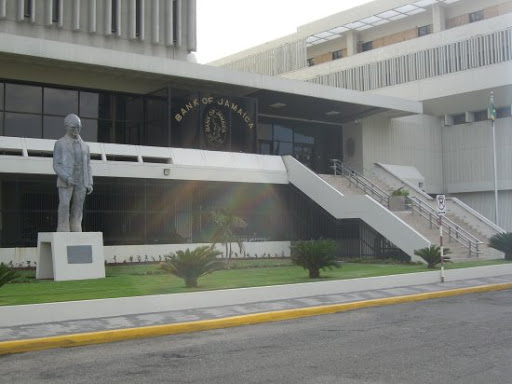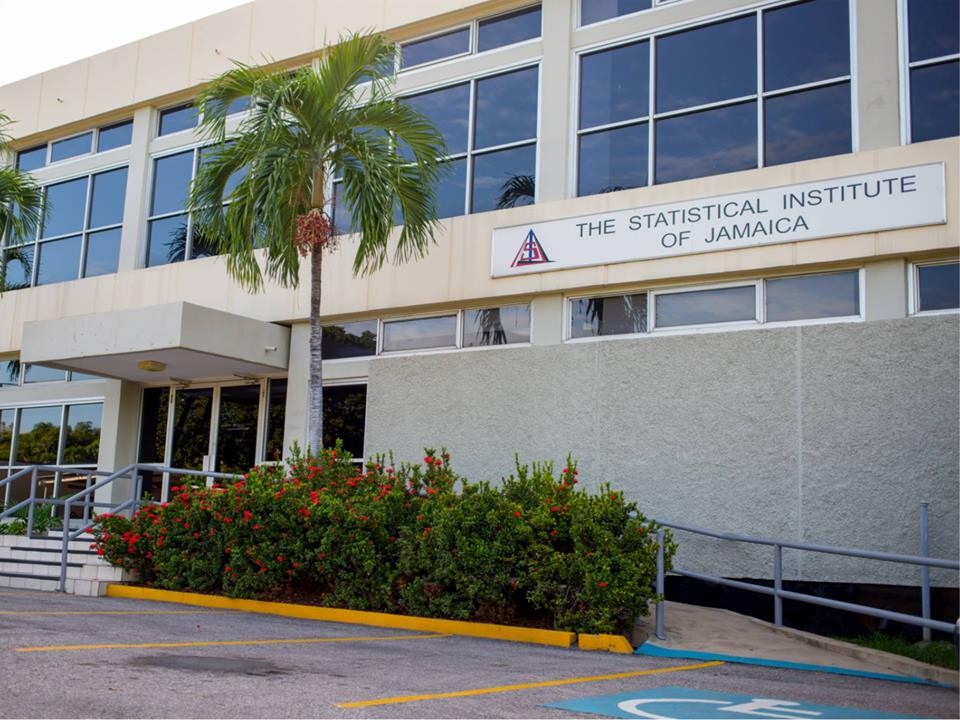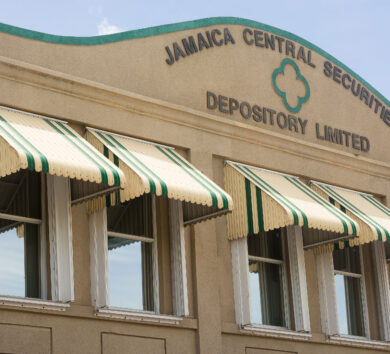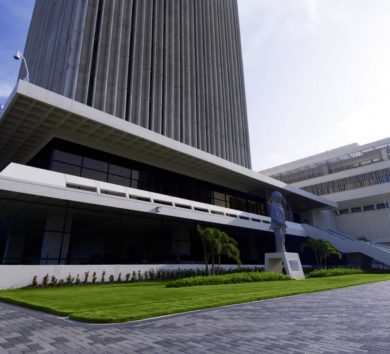
By Durrant Pate
The Bank of Jamaica (BOJ) is reporting that businesses are expecting inflation to rise even further based on the findings of its September 2020 inflation survey.
The survey, administered by the Statistical Institute of Jamaica on behalf of the BOJ, indicated that businesses are expecting inflation in the order of 6.7 per cent for the calendar year 2020. This is marginally higher than the July 2020 survey outturn of 6.2 per cent.
The expected inflation 12 months ahead has increased marginally to 7.0 per cent relative to the previous survey outturn of 6.5 per cent. The perception of inflation control declined slightly in the September 2020 survey relative to the July 2020 survey.

The BOJ’s Survey of Businesses’ Inflation Expectations is carried out quarterly to ascertain the expectations of businesses about variables, which are likely to have an impact on inflation in the near-term. In this regard, the survey captures the perception of chief executive officers, managing directors and financial controllers about the future movement of prices, current and future business conditions and the expected rate of increase in wages/salaries.
These responses assist the Central Bank in charting future policy decisions. The most recent survey was conducted between August 21, 2020 and September 18, 2020 and had 327 respondents.

In the September survey respondents anticipate that the currency will depreciate over the three-month, six-month, and 12-month time horizons at a faster pace relative to the previous survey. The majority of respondents continued to believe that the Bank’s policy rate will remain the same over the next three months.
The Present Business Conditions Index reflected a slightly higher level of optimism while the Future Business Conditions Index illustrated a sharp decline in optimism compared to the previous survey. Businesses’ perception of the authorities’ control of inflation fell slightly in the September 2020 survey.
This was largely due to increases in the proportions of respondents who were ‘very dissatisfied’ and ‘dissatisfied’ with how inflation was being controlled. Regarding exchange rate expectations, respondents anticipated depreciation over all time horizons.
Turning to interest rate expectations, businesses pointed to the BOJ’s policy rate in the September 2020 survey, noting that the majority of respondents expected that the bank’s policy rate would remain the same over the next three months.
In the September 2020 survey, the exchange rate was anticipated to depreciate by 3.6 per cent, 4.6 per cent and 4.1 per cent for the three-month, six-month, and 12-month horizons, respectively. This represents a much faster pace of depreciation for the three-month, six-month and 12-month horizons relative to the expected depreciation of 1.6 per cent and depreciation of 2.6 per cent and 3.0 per cent, respectively, in the July 2020 survey.
Turning to interest rate expectations, businesses pointed to the BOJ’s policy rate in the September 2020 survey, noting that the majority of respondents expected that the bank’s policy rate would remain the same over the next three months. This represents a proportional increased relative to the previous survey.
With regard to the financial sector, the majority of respondents expected that the Bank’s policy rate would remain the same. Furthermore, responses from the financial sector revealed that 33.3 per cent of respondents expected the rate to be marginally higher.
This represented an increase relative to the July 2020 survey.







Comments